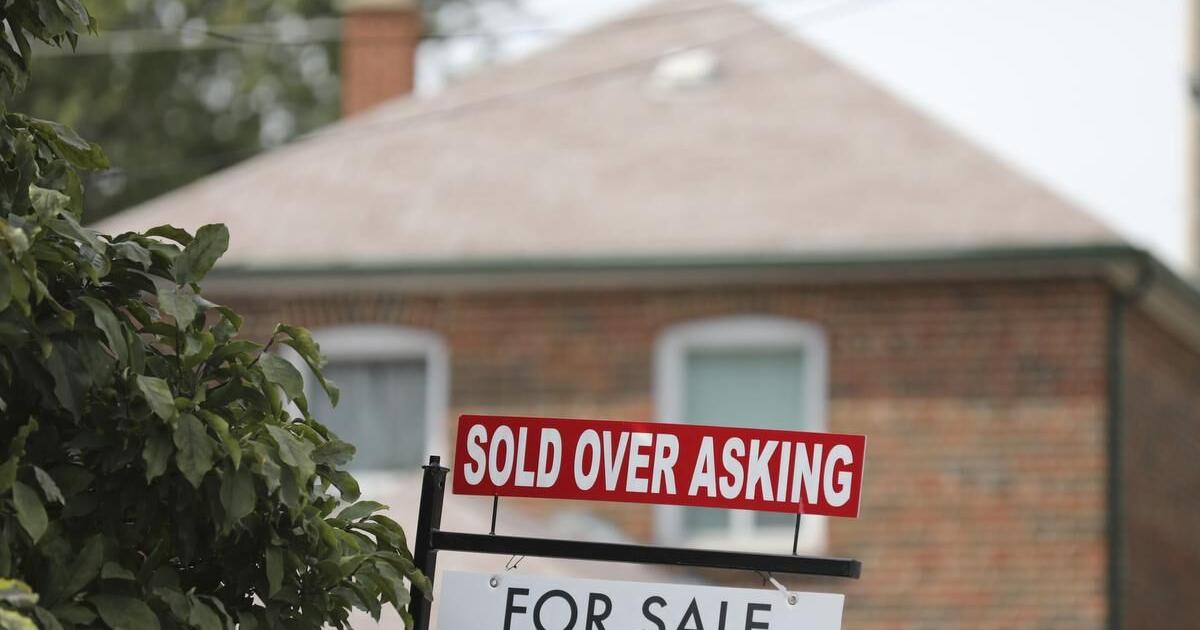evandyk
Senior Member
Long-term low interest rates have certainly increased prices almost everywhere, but not necessarily the same as the increases we've seen here in the last two decades.
Sorry, didn't see that you had already posted this report!
Ontario has less housing stock for its residents than any other province in Canada
Despite the non-stop construction of generic new condo towers in its biggest city, Ontario has just been found to have the most drastic housing suppl…www.blogto.com
If you look how far behind we are the rest of the country and other G7 nations, we are in a supply pit and that needs to be resolved. We need 650 000 more units today to get to the Canadian average from this article.
As bad as our situation?They may have more supply, yet there are property bubbles across much of the G7/G20...
Long-term low interest rates have certainly increased prices almost everywhere, but not necessarily the same as the increases we've seen here in the last two decades.
Aus, NZ, Germany and Sweden had extreme price growth as well, if I recall correctly. Israel and South Korea have fairly hot markets too, particularly Israel.As bad as our situation?
New Zealand has a competent leader, and they're actually taking action.Aus, NZ, Germany and Sweden had extreme price growth as well, if I recall correctly. Israel and South Korea have fairly hot markets too, particularly Israel.
This draft report sounds like a scorcher. Lots of good supply-side ideas there. That said, I suspect the final report will be watered down and I think it’s unlikely the OPC will do anything before the election. Minister Steve Clark sounded ambivalent about upzoning in media comments yesterday.
I’ve all but given up hope for any level of government making hard decisions on this file.
You make some very good points. I think we’ll only see minimal changes, and all in the process front, but nothing substantial. My take on what’s likely to happen:I think you'll see something.
Why bother convening a panel, relatively close to an election, delivering a result on the cusp of one, only to shrug and do nothing?
Report is out!Got to bring that forward.
Its a pair of Tweets from Prof. Mike Moffat who has spent no small amount of time looking at the housing file.
- Relative to a 2012 forecast, the GTAH's population growth from 2016-21 from international sources was over 120,000 more than forecast, yet it currently has 26,000 fewer housing units than forecasted in 2012.
- The lack of housing causes a significant and unforecasted exodus of young families out of the GTAH who drive until they qualify to other parts of the province. In 2012, it was forecasted that, on net, 36,000 people would move out of the GGH to other parts of the province from 2016-21. The actual number was over 100,000. This exodus caused the housing shortage to spread across Southern Ontario, leading to one of the planet's least affordable real estate markets.
- This lack of housing also acts as a drag on the economy of the GTAH, as workers are priced out of working in the region (since they cannot afford to live there) and are forced to work lower-wage, lower-productivity jobs in other parts of the country.
Report is out!
Forecast for Failure
The population forecasts underpinning Ontario's Growth Plan for the Greater Golden Horseshoe substantially underestimated population growth since 2016 from international sources, specifically immigration and international students, particularly in the Greater Toronto Area and Hamilton (GTAH)...institute.smartprosperity.ca

That’s not the report commissioned by the government, is it?Report is out!
That’s not the report commissioned by the government, is it?




